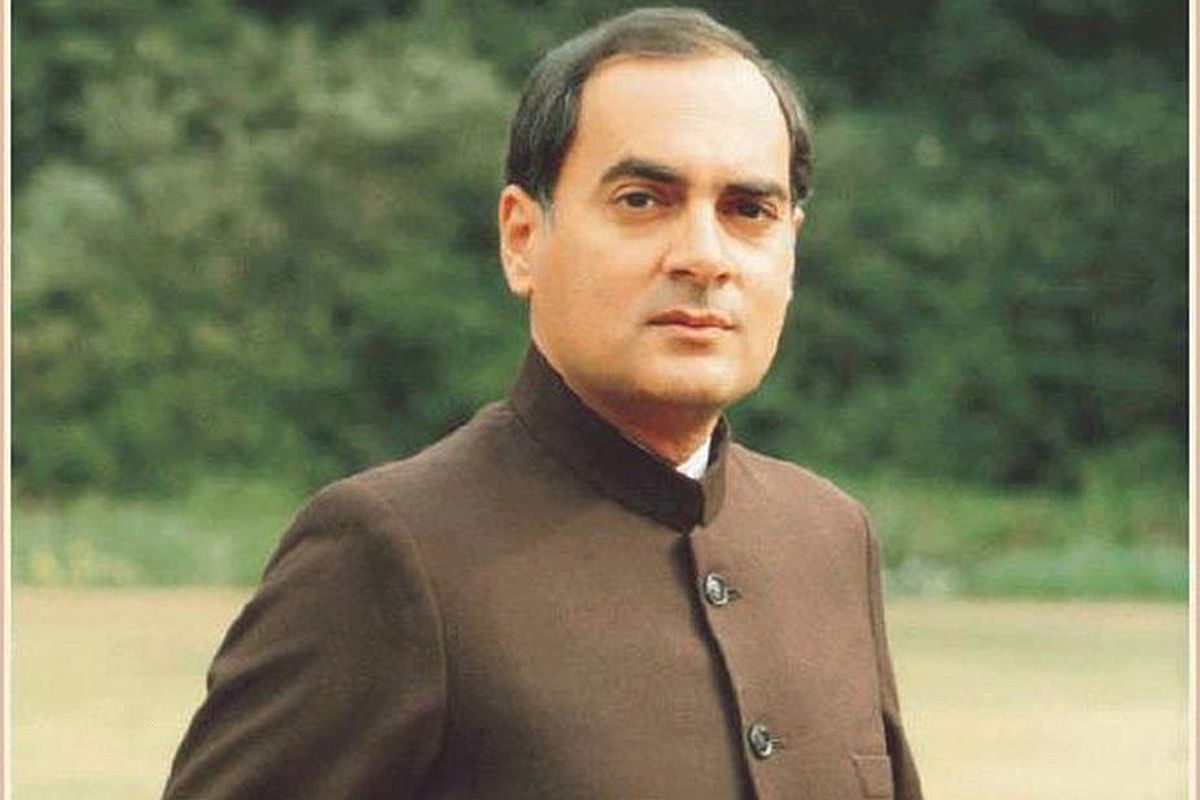Rajiv Gandhi: The Journey of a Visionary Leader
Rajiv Gandhi, the scion of the Nehru-Gandhi family and the seventh Prime Minister of India, left an indelible mark on the country’s political landscape. Born on August 20, 1944, in Mumbai, he was thrust into the world of Indian politics due to tragic circumstances when his younger brother Sanjay Gandhi passed away. This comprehensive narrative explores his early life, entry into politics, notable contributions, challenges, and his enduring legacy in the context of Indian history.
Early Life and Education
Rajiv Gandhi was born to Feroze Gandhi and Indira Gandhi, both of whom were prominent figures in Indian politics. His early education took place in India, but he later pursued higher studies in the United Kingdom and the United States. He attended the prestigious Trinity College, University of Cambridge, where he obtained a degree in Mechanical Engineering. Following this, he went on to study at the Imperial College, London.
Entry into Politics
Rajiv’s entry into politics was not a matter of choice but necessity. The untimely death of his younger brother, Sanjay Gandhi, in a plane crash in 1980, forced him to enter the political arena to support his mother, Indira Gandhi, who was Prime Minister at the time. This marked the beginning of his political journey.
According to Agarwal, a saint from Badrinath named Shankaracharya Swami Shri Swaroopanand paid the family a condolence call a week after Sanjay passed away. He suggested that Rajiv “dedicate himself to the service of the nation” rather than becoming an airplane pilot. Urging Rajiv to enter politics, seventy Congressmen signed a proposal and went to Indira. Indira informed them that Rajiv was free to choose whether to run for office. He said, “If my mother gets help from it, then I will enter politics,” in response to an inquiry about it. On February 16, 1981, Rajiv made his political debut by speaking at a national farmers’ rally in Delhi.
Political Milestones
- Election to Parliament: Rajiv Gandhi was elected to the Lok Sabha, the lower house of India’s Parliament, from the Amethi constituency in Uttar Pradesh in 1981.
- Becoming Prime Minister: Tragedy struck the Gandhi family once again in 1984 when his mother, Prime Minister Indira Gandhi, was assassinated. Rajiv was thrust into the role of Prime Minister, a position he was unprepared for but accepted out of a sense of duty.
- Modernization and Technology: As Prime Minister, Rajiv Gandhi focused on modernization and technology. He introduced several reforms to improve governance, including computerization of government offices and telecommunications.
- Anti-Defection Law: One of his significant legislative contributions was the Anti-Defection Law, which aimed to prevent elected representatives from switching parties after their election.
- Foreign Policy: He also played a pivotal role in shaping India’s foreign policy, emphasizing peaceful relations with neighboring countries and advocating for disarmament.
Challenges and Controversies
Rajiv Gandhi’s tenure was not without challenges and controversies. The Bofors scandal, an alleged arms deal kick back, marred his reputation and was a significant issue during his time as Prime Minister. The controversy continues to be associated with his legacy.
Assassination
Rajiv Gandhi’s life came to a tragic and untimely end on May 21, 1991, when he was assassinated during an election campaign in Sriperumbudur, Tamil Nadu, by a suicide bomber associated with the Liberation Tigers of Tamil Eelam (LTTE).
Enduring Legacy
Despite his relatively short time in office, Rajiv Gandhi’s legacy continues to influence Indian politics and society. Here are some aspects of his enduring legacy:
- Technology and Modernization: His efforts to introduce technology and modernize government processes laid the groundwork for India’s subsequent IT boom.
- Youth and Education: Rajiv Gandhi’s emphasis on education and youth found expression in initiatives such as the National Policy on Education, which sought to improve the quality of education in India.
- Foreign Policy: His commitment to regional stability and diplomacy in foreign affairs remains relevant in contemporary Indian politics.
- Legacy of the Nehru-Gandhi Family: As a scion of the Nehru-Gandhi family, his legacy is intertwined with the broader narrative of the family’s contributions to India’s independence and political history.
- Political Ideals: Rajiv Gandhi’s vision for a modern, progressive India, and his commitment to social justice, continues to inspire and influence the political discourse in the country.
Conclusion
Rajiv Gandhi’s life and political career were marked by both promise and challenges. His leadership, although cut short tragically, left an indelible mark on India’s political landscape. His legacy endures in various forms, from technological modernization to his contributions to foreign policy and education. His untimely demise was a profound loss for the nation, but his vision and ideals continue to shape the direction of India’s political and social landscape. As a member of the illustrious Nehru-Gandhi family, his place in the annals of Indian history is secure, and his contributions continue to be studied, debated, and remembered.

